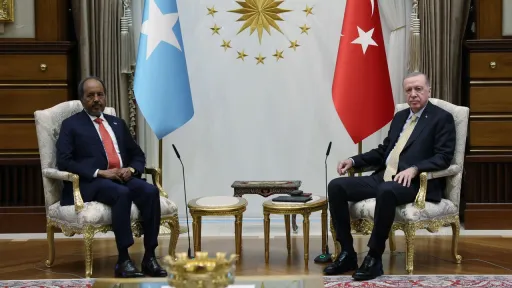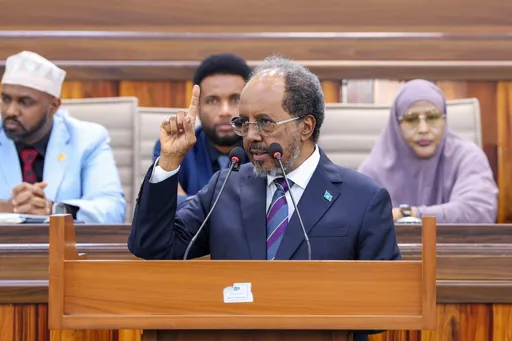A criminal case has been filed at the International Criminal Court (ICC) against former Bangladeshi Prime Minister Sheikh Hasina and 69 associates, accusing them of crimes against humanity during the uprisings in July and August this year.
The complaint, filed on October 28, seeks an independent investigation into alleged crimes committed by Hasina, members of her Cabinet, and various law enforcement agencies.
Md Ashraful Arefin, a Bangladeshi-origin British lawyer and plaintiff in the case, revealed details at a press conference in London on Friday, accompanied by Barristers Sarah Fore and Emil Lixandru from Bolt Court Chambers.
Arefin accused Bangladeshi security forces of deploying live ammunition, rubber bullets, sound grenades, and other lethal weapons against peaceful demonstrators, adding that there were claims of bodies being burned and buried in mass graves to cover up evidence.
“We submitted extensive evidence, including documents, video clips, and records of violence and repression conducted by Hasina’s administration, to help the court bring charges against her and issue an international arrest warrant,” Arefin stated.
The case has been filed under Article 15 of the Rome Statute, which permits the ICC prosecutor to initiate investigations on the basis of information submitted by individuals.
Political support
Arefin expressed doubts about Bangladesh's judicial ability to carry out an impartial investigation, citing the influence of officials appointed by the former Hasina-led government.
He also questioned the likelihood of any local verdict being enforced, given potential political support for Hasina from neighbouring India.
“India may be pressured to cooperate with the international community if an ICC warrant is issued,” Arefin noted, emphasising the international significance of the case.
Following protests led by students, Hasina’s government deployed various security forces, including the police and the elite Rapid Action Battalion, along with Awami League party affiliates and its student wing, the Bangladesh Students’ League.
In response to demands from the demonstrators, the transitional government, which took office on Aug. 8, later banned the Bangladesh Students’ League, labelling it a terrorist organisation.
On October 17, Dhaka’s International Crimes Tribunal issued a domestic arrest warrant for Hasina, who fled to India on August 5.
➤ Click here to follow our WhatsApp channel for more stories.
























